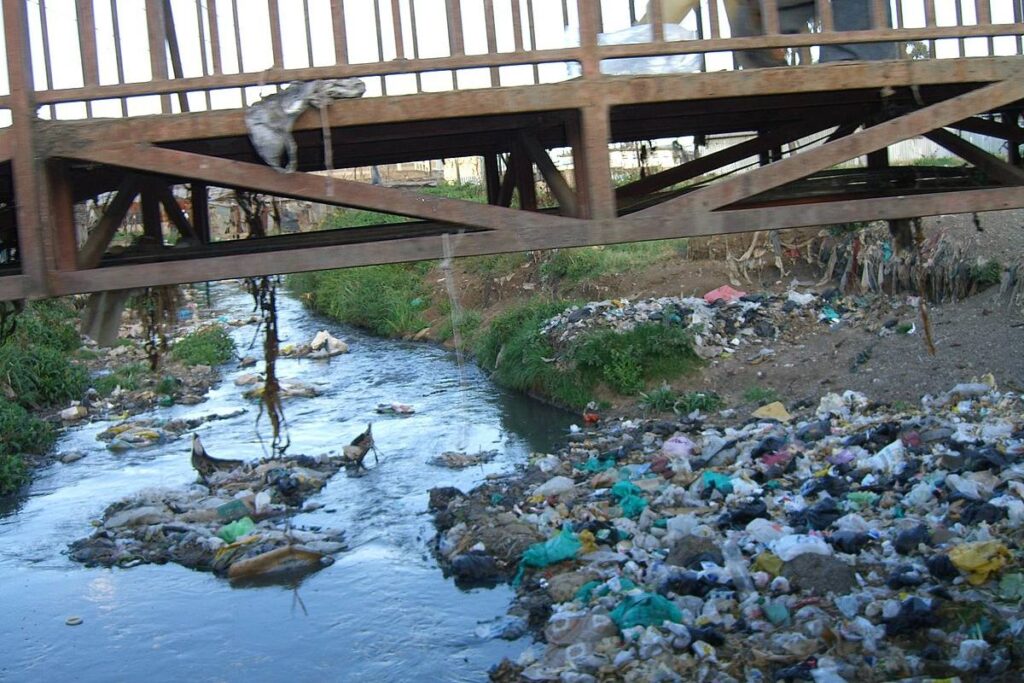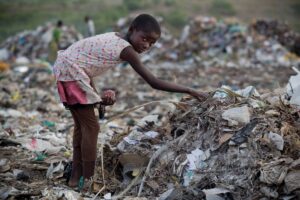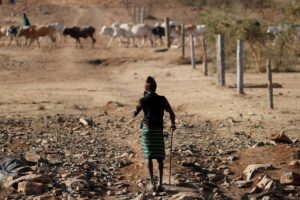Do you know what the National Theatre in London, the Southbank Center, the British Film Institute, the Tate Modern Art Museum and Shakespeare’s Globe have in common? They are all artistic and performance spaces that are located within River Thames’ environs in London. Southbank Center is the UK’s largest arts center which hosts at least 3,500 annual events.
The river’s natural environment lends its magic and serenity to the area’s‑built environment. In so doing, River Thames triggers an unmatched economic chain reaction that has generated trillions of pounds and created millions of jobs for London City. This, is the power of a river and this, is what our Nairobi Rivers can do for Nairobi, if we feasibly do the following four things.
Firstly, Nairobi residents must build a strong affectionate relationship with their rivers. Most of Nairobi’s five million residents broke up with the rivers a long time ago. They have zero feelings for them. They don’t care what happens in or around them, which creates room for exploiters to do whatever they want with our rivers. We need to cherish Nairobi Rivers. If we do so, we will not condone any harm to it.
Secondly, we need to secure Nairobi Rivers riparian land and prosecute the corrupt players who have grabbed land within the basins. All across Nairobi, from Mountain View to Kibra, Nairobi West and numerous other locations, riparian land has been grabbed. The land that was grabbed in Mountain View is a wetland that is the source of Rivers Waititi, Thiboro and Machagucha, tributaries of Nairobi River. Nairobi Rivers restoration must prioritize restoration of all tributaries together with their catchment areas. As part of this, all grabbed riparian land must be reclaimed.
Thirdly, I suggest that the recently launched Nairobi River Commission must take urgent, decisive and strategic action. This action must be decisive because corruption will fight back and besides at the face of the imminent rehabilitation process is the community at the bottom of the pyramid- the hustlers! The Commission must also be strategic because our Nairobi River basins is so degraded that it will take years of consistency to restore it. Just like a tree grows, it will not take two years or even one presidential term to design the envisaged Nairobi Rivers. Accordingly, I suggest that the team focusses on the big picture even as they move fast to create a noticeable frame of possibilities to attract support from the masses.
Fourthly, we need to ensure that Nairobi Rivers riparian communities are at the forefront of its restoration. In that current seemingly mess of Nairobi Rivers exists the livelihoods of innocent Kenyans. One sure way of doing this, is by attaching economic value not just to the rivers restoration process, but more to the ultimately restored rivers. It was music to our ears when President Ruto recently announced that the Ministry of Environment, together with Nairobi County Government will employ 12,770 youth and women to clean up the river and grow trees. The Nairobi Rivers Commission can painlessly increase tangible job opportunities to a minimum of 500,000 jobs within a year and without a single penny from the Government. I can clearly envision a glimpse of trillions worth of mind-boggling economic benefits in ten years’ time.
The European Center for River restoration explains that river restoration leads to a healthy river ecosystem that can boost recreational opportunities and increase adjacent real estate property values.
The need for all to join hands in restoring the rivers was underscored by Makueni Governor Mutula Kilonzo Jnr when he recently said that “The water that is black in Korogocho is green in Machakos and black in Makueni. The innocent people in Machakos and Makueni are farming and the food comes back to Nairobi. We are consuming poison.”
Indeed, our health and economy depend on the health of our Rivers and other ecosystems. ‘Kazi kwetu’. Think green, act green!




1 Comment. Leave new
This is so educative and it’s a way of making us think without the box.